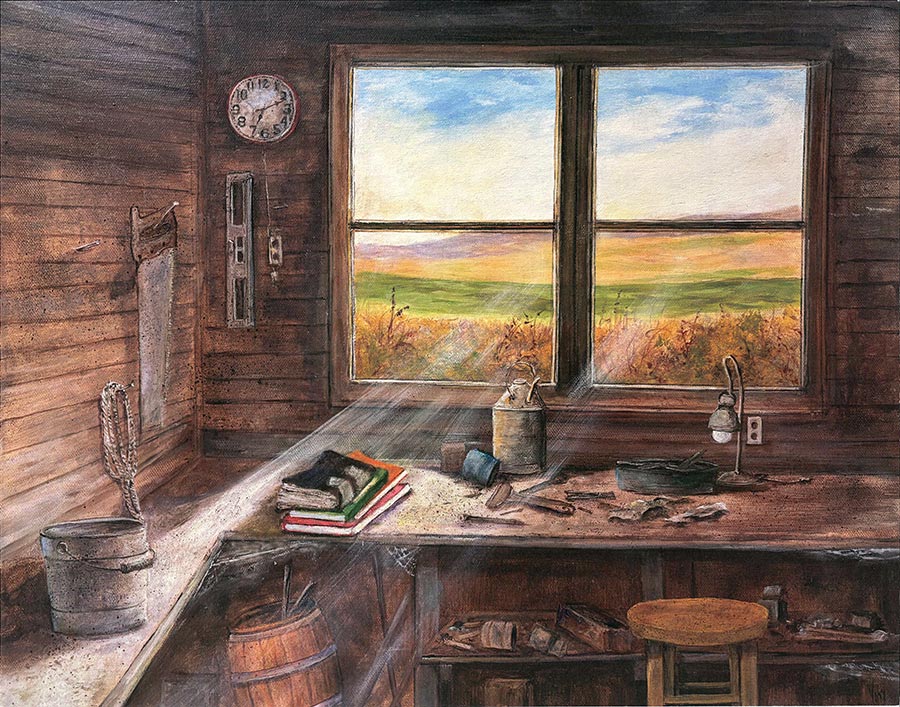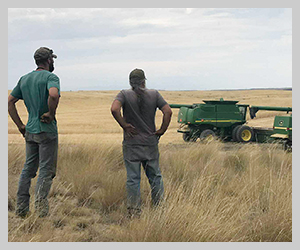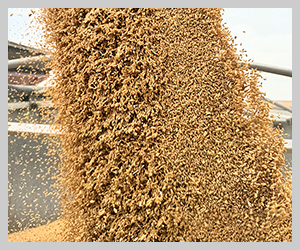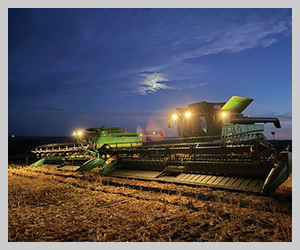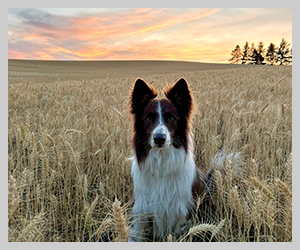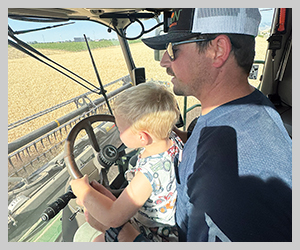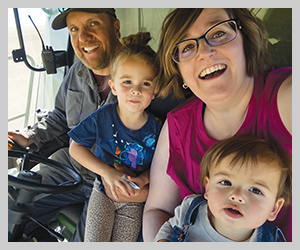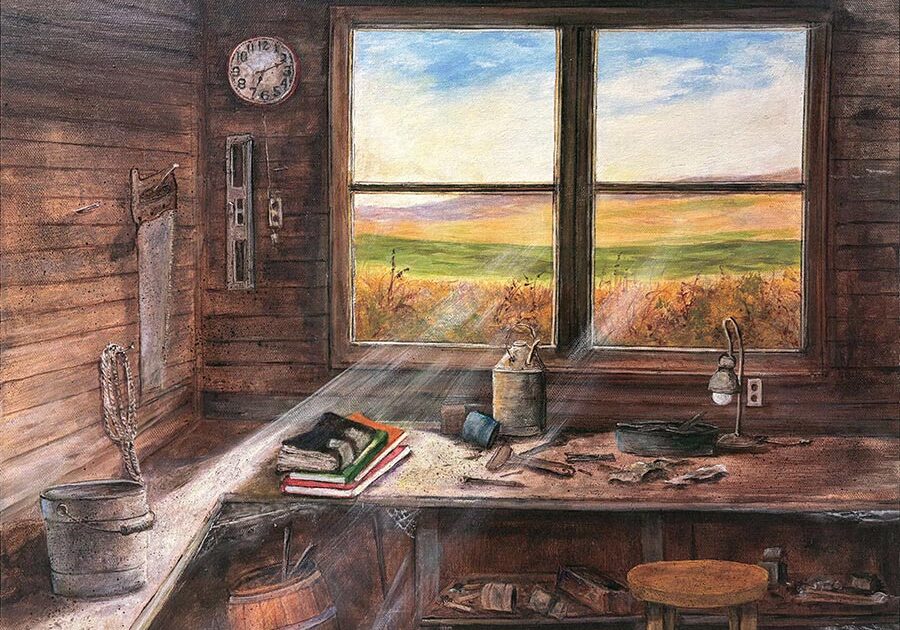
He never farmed very large,
Just enough to raise a family.
Yet his funeral set records
At the church in the country.
After purchasing his property,
I began to make it mine.
The machinery was all spent,
But, oh, the land was fine.
It wasn’t much of a shop,
Too little for equipment.
So few were the tools
To repair an implement.
Rather simple was the scene,
It made me sad to ponder:
How did he farm this way?
On what did his time wander?
In the corner was an office,
A bench below a window.
An old, kitchen bar stool,
And a clock in the shadow.
I saw a few dusty books
Highlighted by the sun.
Three with clean edges,
The fourth, a dirty one.
Their colors spoke volumes:
A bright green and yellow,
Followed by an orange,
And a red and white below.
These finds were the first
Turned over by my hands.
They were operator’s manuals
For three major brands.
The last book was duct-taped,
A mystery in gray binding.
Fat from excessive usage,
Dirty, greasy finger finding.
On what farm tool did it advise?
What directions in this manual?
Why referencing for this machine
Needed views more than usual?
When grabbing for this book,
I dropped it on the bench.
Its poor, shop-fixed binding
Flipped open on a wrench.
It soon became so clear to me
Why this unpretentious farmer
Was known and loved by all,
For it was circled with a marker:
“Do unto others as you would have them do unto you.”
As I stared out the window
I commenced to consider,
His land and his neighbors
Is where his time did wander.
The Manual’s wise command
For me, began to burn.
My reflection displayed to me
Time to begin my turn.
